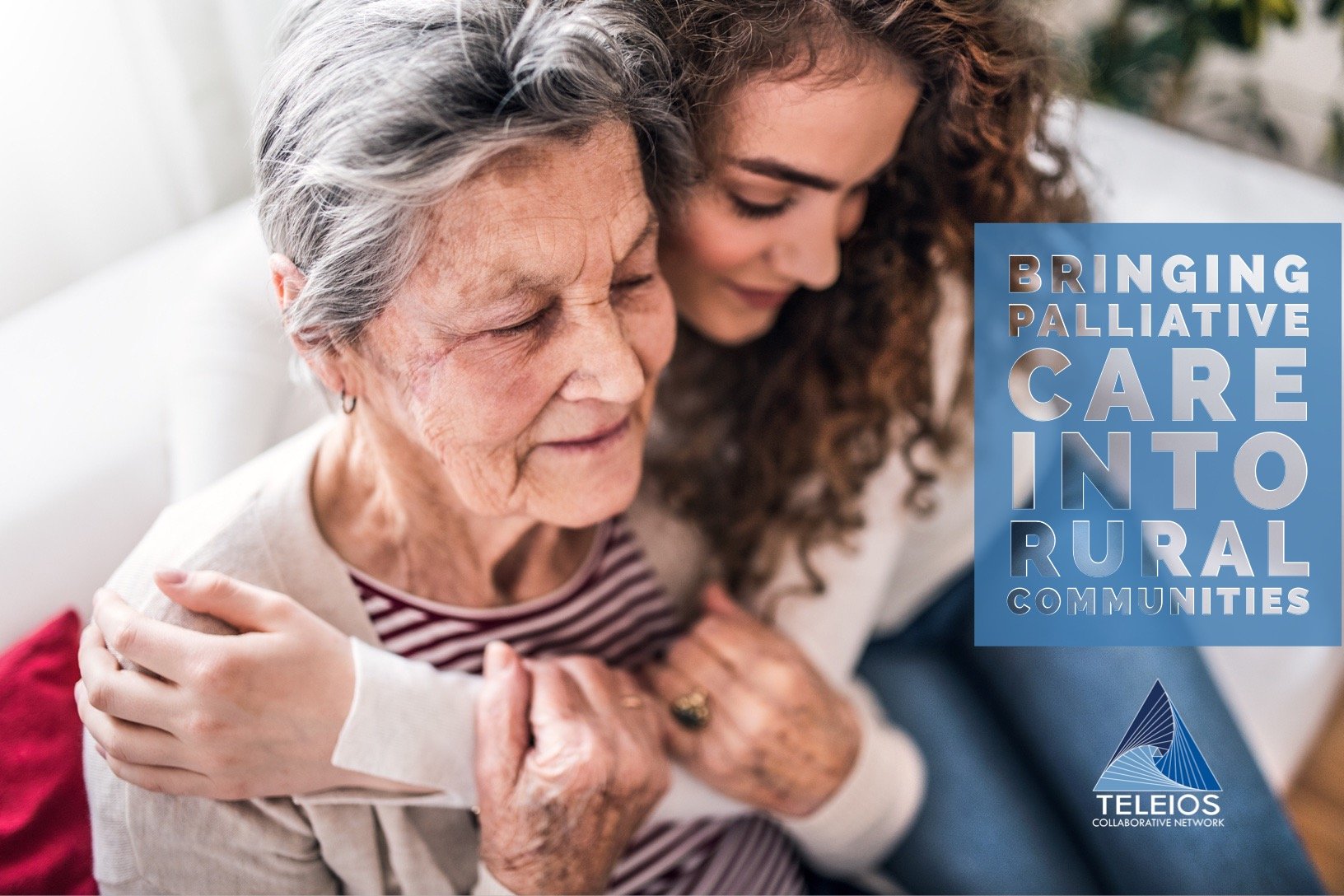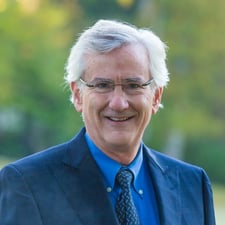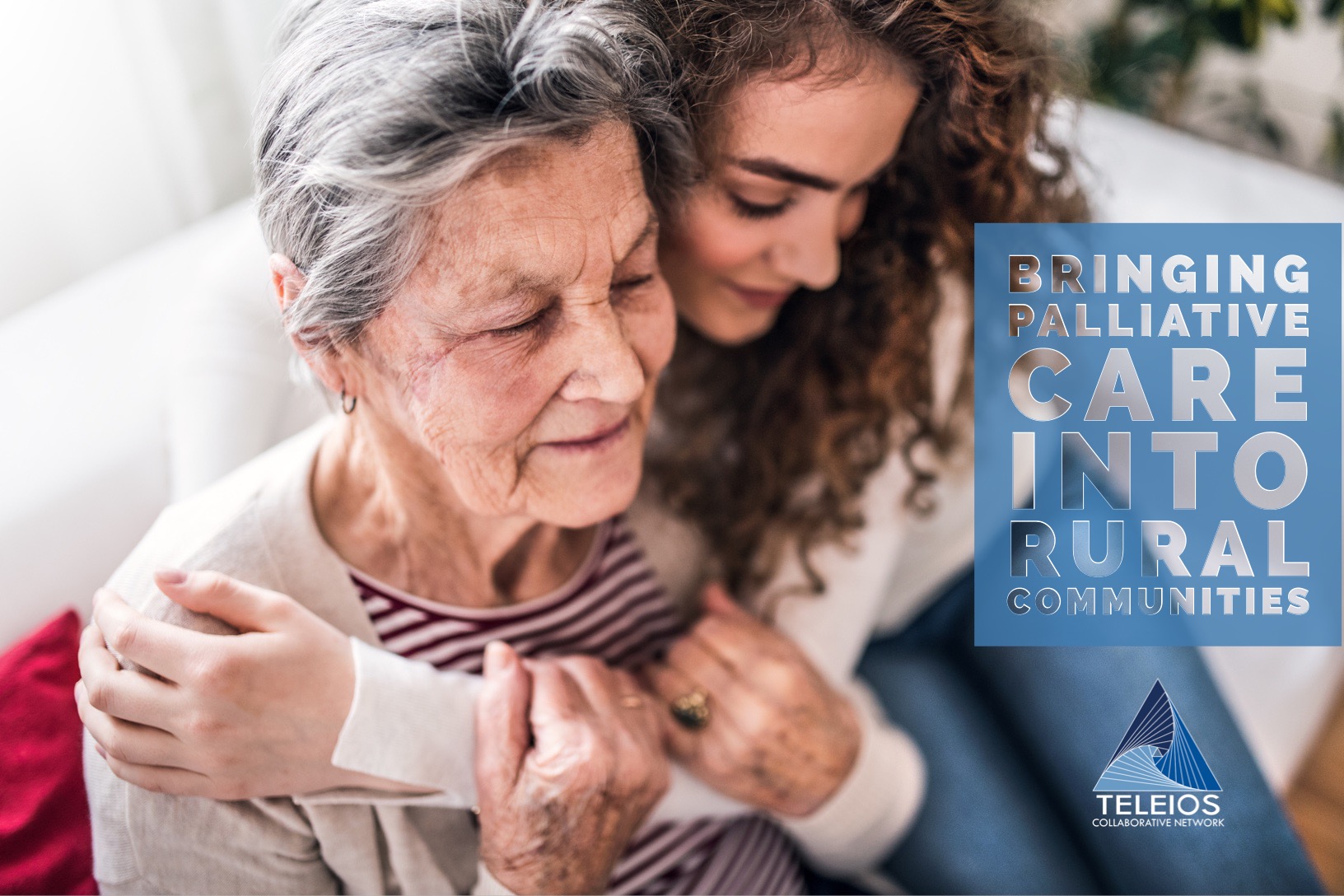 Mrs. H. was surprised with her diagnosis of breast cancer that had spread to bone. Her oncologist recommended chemotherapy and she tried it. She hated the toxins going through her system. She didn’t tolerate the chemotherapy very well anyway.
Mrs. H. was surprised with her diagnosis of breast cancer that had spread to bone. Her oncologist recommended chemotherapy and she tried it. She hated the toxins going through her system. She didn’t tolerate the chemotherapy very well anyway.
She is doing better now on IV hormone therapy. However, her anxiety and pain seem worse. She lives on a farm in rural NC where she and her husband care for her horses and cats. Mrs. H. chose this farm and community to escape; but now she feels isolated from her medical care. This cancer has really upset her. She does not like the long commute to her cancer doctor. Now with all her stress and pain she finds herself calling the office nurse almost daily. She was pleased when her cancer doctor suggested that a palliative care specialist come visit her at the farm to help with her pain management. Krissy, the palliative care nurse practitioner, found her way to the farm. Krissy was great to listen and prescribe medications for the pain and stress. Amanda, the nurse for palliative care, also came by for regular visits. It was wonderful to have someone to call and someone to listen. Krissy and Amanda initially visited weekly to help her with pain and anxiety and listen to her fears about what happens when she dies. Mrs. H is better now and palliative care nurse practitioner not as stressed. She is happy caring for her animals and spending time with her husband. She knows she can call Amanda or Krissy anytime and this has kept her from going to the hospital more than once. She appreciates time to socialize and reflect on life. Her husband often joins their conversations and Mrs. H pretends not to notice when he occasionally tears up.
Krissy and Amanda are part of a rural palliative care program in NC. It is challenging to bring specialized serious illness care to rural communities.
Teleios Collaborative Network (TCN) is dedicated to helping patients like Mrs. H. live the best quality of life possible with serious illness. To help Mrs. H. we work with the local community and provide expertise so they can have excellent quality serious illness care usually only provided in larger communities. TCN supports Krissy and Amanda with medical director support, logistics, budgeting and clinical mentoring. Through project ECHO for Palliative care, Teleios can connect Krissy and Amanda with other providers serving rural communities with palliative care for serious illness. This is a great format for building relationships and education to support rural providers. The weekly team meetings with Teleios are helpful to discuss the clinical and logistical challenges of caring for people in this community. Teleios has helped recruit more team members for Krissy and Amanda and develop the systems that ensure the program is sustainable. Recently Teleios even helped get a new contract with a payer so the work Krissy and Amanda do is reimbursed with a flat monthly fee increasing the financial support for rural serious illness care.
Teleios Collaborative Network is excited to help provide an extra layer of support for the stress of serious illness for people in rural communities like Mrs. H. We are proud to work with the exceptional clinical teams like Krissy and Amanda and provide them with the support they need to succeed.
Dr John Morris, Palliative Care / CMO, MD FAAHPM



An organizational model that allows not-for-profit hospices (Members) to leverage best practices, achieve economies of scale and collaborate in ways that better prepare each agency to participate in emerging alternative payment models and advance their charitable missions.



 Mrs. H. was surprised with her diagnosis of breast cancer that had spread to bone. Her oncologist recommended chemotherapy and she tried it. She hated the toxins going through her system. She didn’t tolerate the chemotherapy very well anyway.
Mrs. H. was surprised with her diagnosis of breast cancer that had spread to bone. Her oncologist recommended chemotherapy and she tried it. She hated the toxins going through her system. She didn’t tolerate the chemotherapy very well anyway.

